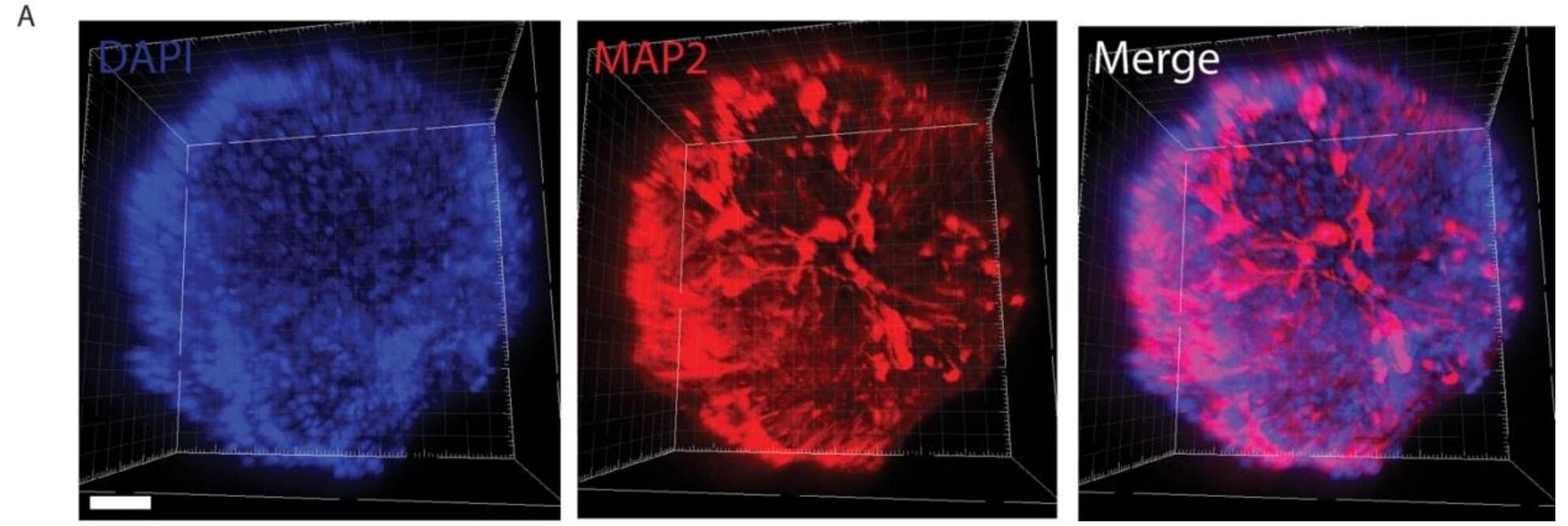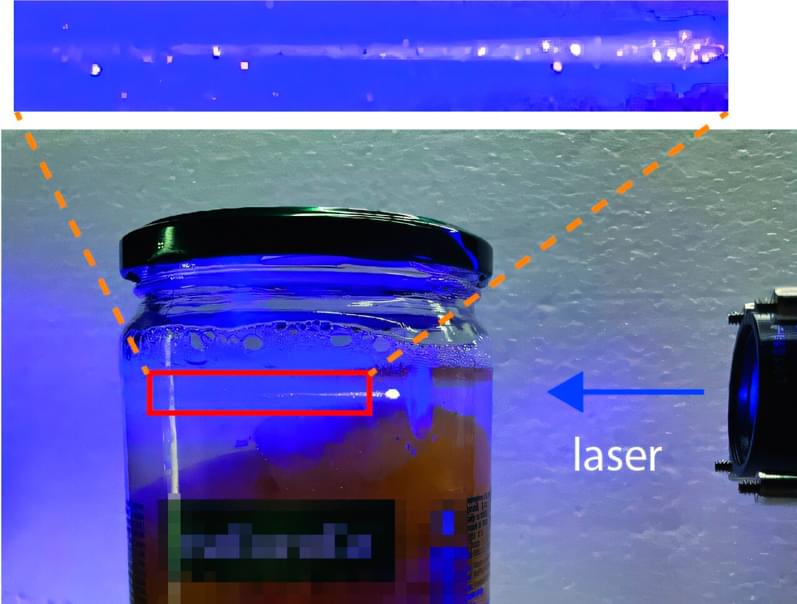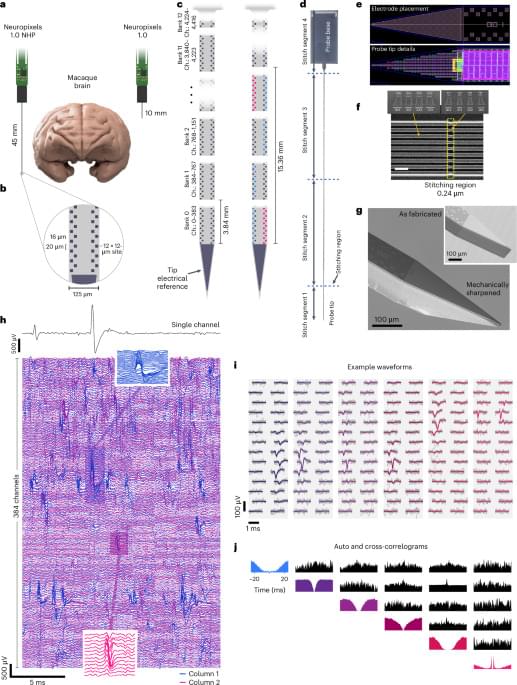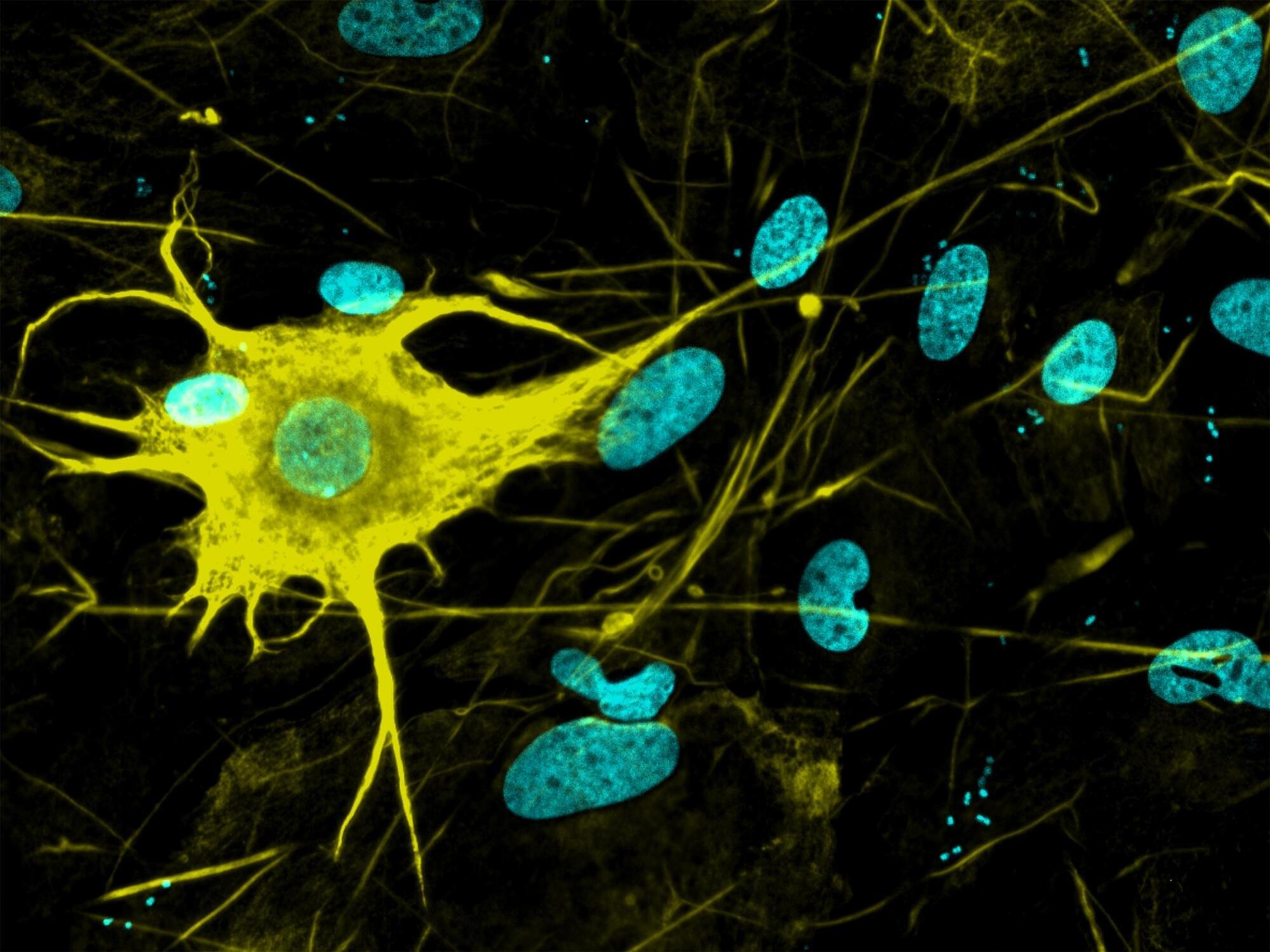A new Yale study has found a promising target for treating the brain fog that can follow COVID-19 and offers new insight into a hypothesis about the origin of Alzheimer’s disease.
One of the hallmarks of Alzheimer’s disease is the presence of plaque formed by the buildup of amyloid beta peptides (short chains of amino acids) in and around brain cells. Some researchers suspect that amyloid beta, which is structurally similar to antimicrobial peptides, protects the brain against bacteria, viruses, parasites, and fungal infections. Because the blood-brain barrier tends to lose its integrity in Alzheimer’s disease patients, the accumulation of amyloid beta might be a signal that pathogens are infiltrating the brain.
In a new study published in Science Advances, Yale researchers investigated whether infection by SARS-CoV-2—the virus that causes COVID-19—can trigger Alzheimer’s disease-like amyloid beta buildup, leading to neurological impairments like brain fog.







